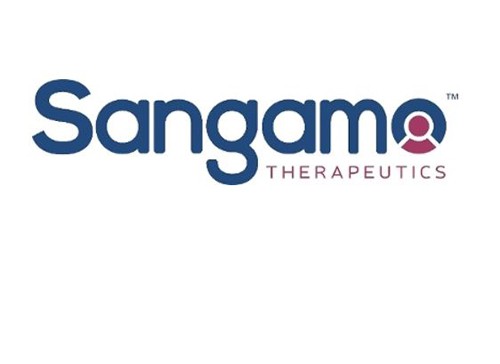
A gene therapy for haemophilia A developed by Sangamo and partner Pfizer has shown its worth in a small study, laying down a gauntlet to rival therapies from BioMarin and Roche/Spark.
Gene therapy stocks can see their values soar or plummet on the back of clinical results in just a handful of patients, and Sangamo was no exception, rising almost 30% in the wake of the announcement of data from just eight patients in a phase 1/2 trial.
The Alta study of SB-525 showed that the gene therapy achieved a dose-dependent increase in clotting factor VIII levels across four dosage groups, each including two subjects.
In the highest (3e13vg/kg) dose group, the gene therapy saw their factor VIII levels reach normal ranges, according to Sangamo, which said the finding “suggests that SB-525 may be well-tolerated and may prove to have the predictability and sustained treatment effect that can bring clinical benefit in patients with haemophilia A.”

Edward Conner
The trial will continue with up to five more patients being treated with the 3e13vg/kg dose, and Sangamo chief medical officer Edward Conner also said the company would start planning with Pfizer for a trial that could support approval of the therapy.
“We need to continue observing how the data mature and how additional patients in the expansion cohort respond to SB-525,” added Conner.
The data is a boost to Sangamo, which came under pressure in February after reporting disappointing first human data from SB-913, the lead drug drug based on its zinc finger nuclease (ZFN) gene-editing platform for rare disease Hunter syndrome.
The new data would seem to put SB-525 firmly in contention with two other haemophilia A gene therapies that have been generating clinical data, namely valoctocogene roxaparvovec (valrox) from BioMarin and SPK-8011 from Spark, which is in the process of being acquired by Roche in a $4.3bn deal.
All three companies are chasing one-shot therapies for haemophilia A that they hope will free patients with the disease from having to take regular injections of recombinant factor VIII replacement therapies.
BioMarin is currently thought to be leading the race, with valrox expected to start phase 3 testing before year-end, while Spark suffered something of a setback last year after two patients treated with SPK-8011 developed immune reactions, one of which had to be treated in hospital.
Analysts said the new SB-525 is a big deal for Sangamo, as it lends credence to the company’s claim that its therapy has bent-in-class potential, but also reduces risk in the company’s other gene therapy programmes which include candidates for Fabry disease, amyotrophic lateral sclerosis and Huntington’s disease.
There was more encouraging news for some of Sangamo’s other programmes as well, including data from one patient treated with ST-400, an autologous cell therapy being developed for beta-thalassaemia in collaboration with Sanofi.
ST-400 could be a rival to Bluebird Bio’s gene therapy Zynteglo (autologous CD34+ cells encoding β A-T87Q-globin gene), which is heading for a likely EU approval in the coming weeks after getting a positive opinion from an EMA advisory committee.




